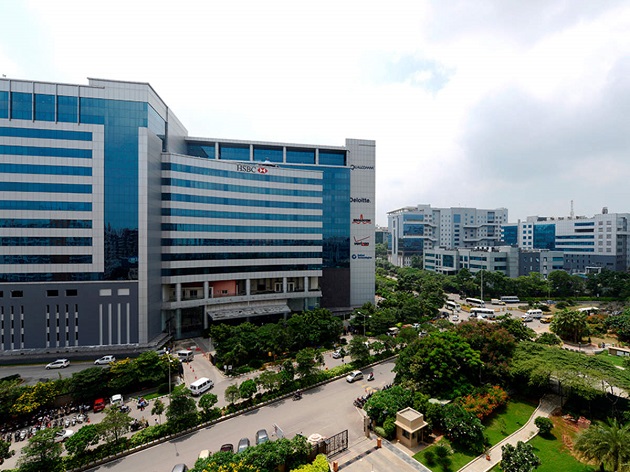Chief Minister Pinarayi Vijayan has said that the realization of the Kerala Fire Optic Network (K-FON) project will provide an impetus to the State’s push towards becoming a knowledge economy and information technology (IT) hub.
Inaugurating the first phase of the government’s flagship project aimed at providing high-speed internet here on Monday, Mr. Vijayan said that it would pave the way for revolutionary changes in various avenues, including education, entrepreneurship, and industry.
“Designed with the prime intention of improving digital infrastructure, K-FON will establish a robust optical fiber network across the State to ensure the availability of high-bandwidth Internet connectivity for government institutions and private individuals. The endeavor will go a long way in addressing the inadequacies that have hindered the progress in setting up infrastructure for nurturing futuristic technologies such as artificial intelligence,” he said.
Urban-rural divide
According to him, only less than 10% of government offices were currently linked to the existing wide area network, while fewer had optical fibre cable connectivity. Besides, a majority of houses were yet to migrate to high-speed broadband connections. While internet availability was mostly confined to urban areas, the network infrastructure has been limited elsewhere.
IT parks, airports and seaports are expected to benefit from the high-speed internet connectivity at speed ranging from 10 mbps to 1 gbps. Small-scale enterprises in rural areas will also be able to tap into the e-commerce sector to sell their products by utilising K-FON. The traffic management system that depends heavily on internet connectivity and operation of high-resolution cameras are another avenue that could witness technological advancement.
Free to the poor
While 30,000 government offices, schools and hospitals will be linked to the K-FON network in the first phase, 20 lakh economically backward households will be provided with connectivity free-of-charge in the next phase. While connection had been provided to 1,000 offices in seven districts already, steps were afoot to extend the coverage to 5,700 government institutions.
The project is being implemented by a consortium led by Bharat Electronics Limited through a nine-year maintenance agreement at ₹1,531 crore.
Electricity Minister M.M. Mani presided over the function. Finance Minister T.M. Thomas Isaac, Electronics and IT Secretary K. Mohammed Y. Safirulla and KSEB chairman and managing director N.S. Pillai spoke.

